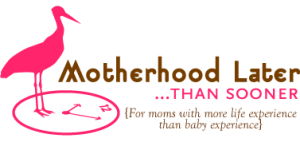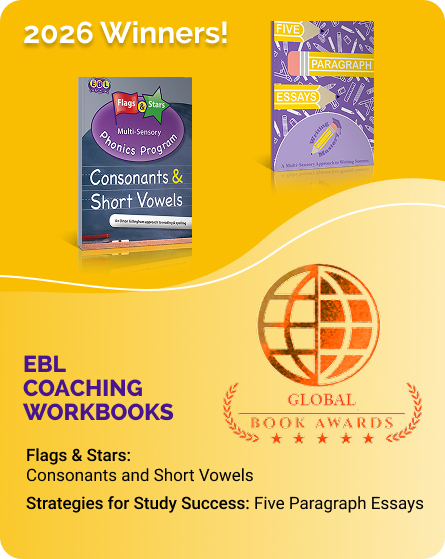
Tips for Avoiding the Summer Slide by Dr. Emily Levy Founder & Director EBL Coaching
Originally published on the motherhoodlater.com website

Summer is a time for outdoor play, fun in the sun, and relaxation. Yet it is also a time when many kids experience significant learning loss from a lack of consistent instruction. In fact, research tells us that students may lose two months of reading skills and three months of math skills during the summer. Help your child avoid the summer slide and jump-start the school year on a positive note with the ideas detailed below.
Create a reading plan
Reading is one of the most important tasks your child can do over the summer to prevent the summer slide. Help your child come up with a reading goal for the summer. Perhaps they’ll read one book per week or six books for the duration of the summer – there’s no exact formula or number of books that is ideal for every child. Help your child come up with a goal that is realistic for them. When they finish each book, have them put together a mini book report summarizing the book and illustrating it with colorful pictures, or ask them to create a presentation on each book, summarizing the plot and key characters as well as aspects of the book they did or didn’t like and whether or not they’d recommend it to others.
Cook with your child
Cooking with your child can be a lot of fun and it’s a great way to build reading, math, science, and even time management skills over the summer. Start by having your child read through recipes online or in cookbooks and select recipes they’d like to make. Once they have chosen a recipe, have them read it aloud to you and measure out all the ingredients they will need. If the recipe is for two people but you are a family of four, have them figure out how much more of each ingredient they will need to feed your whole family. You can even discuss how much less of each ingredient they would need if they were only cooking for one person instead of two. Build sequencing skills by having them follow the steps detailed in the recipe from start to finish. You can discuss measurement, such as how many teaspoons are in a tablespoon, and chat about how the outcome might change if they used a large casserole dish or cooking tray verses a small one. If they cook more than one dish, they will need to manage their time by cooking certain items while others simmer or bake and they’ll need to make sure items are done in the appropriate time.
Plan a vacation
Another way to build key academic skills is to let your child help plan a summer vacation. Have them start by spending time reading articles or searching the web to read about various places they can go. Give your child a budget for the trip and have them come up with specific ideas that fit into that budget. They might choose a destination they have to fly to and should look into ticket pricing, or they may choose a driving destination, like a more local beach vacation. If they choose a driving destination, have them research how much gas costs per gallon (and the cheapest places to get gas), how many miles away the destination is, and roughly how much money it will cost in gas to get there. Ask them to search for hotel options with per-night pricing, along with the cost for meals and daily activities. They should detail all of this information in a document or presentation that you can review with them. In doing this activity, not only will they learn valuable academic skills to help prevent the summer slide, but they will likely feel proud that they were able to help plan the vacation and even more excited to embark on it.
Grocery shopping
Take your child to the supermarket with you to build math skills over the summer. For young kids, have them pick out produce, like peaches and plums, and work on addition and subtraction concepts. If they grab three peaches and two plums, how many pieces of fruit did they select all together? If one peach doesn’t look good and they put it back, how many pieces of fruit do they now have? For older students, have them calculate how much an item on sale might cost. For instance, if a box of cereal is normally $4 but it is 50% off, how much does it now cost? If spaghetti sauce is buy one, get one half-off, and one jar costs $6, how much would it cost for two jars? When you are waiting in the checkout line, have your child estimate how much they think all of the items will cost, then compare it to the actual cost and see how close they were. The more you can bring math concepts into real life, the better!
The dreaded summer slide can negatively affect your child’s academic performance when they start school in the fall. Don’t let this happen to your child! Prevent the summer slide with the ideas detailed above and help your child start school feeling confident, prepared, and excited for a great year.

